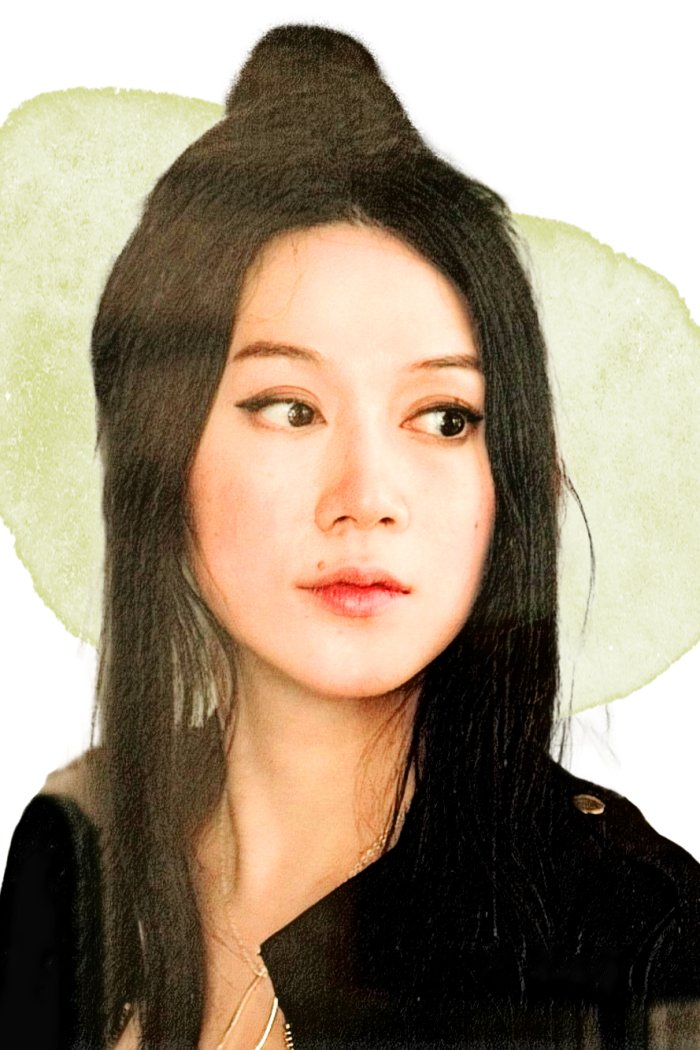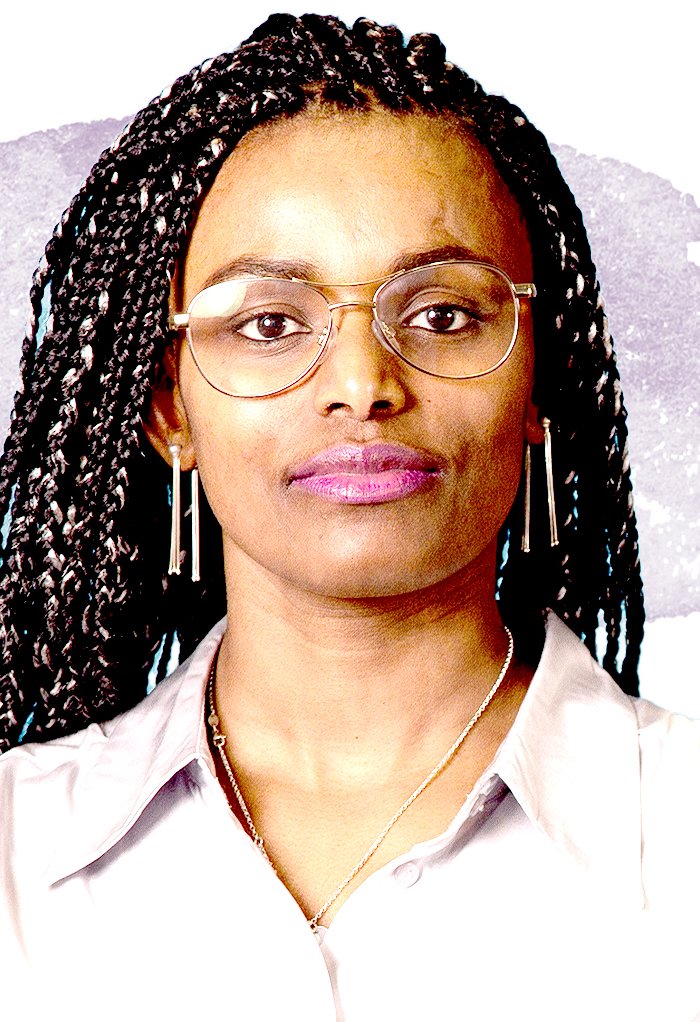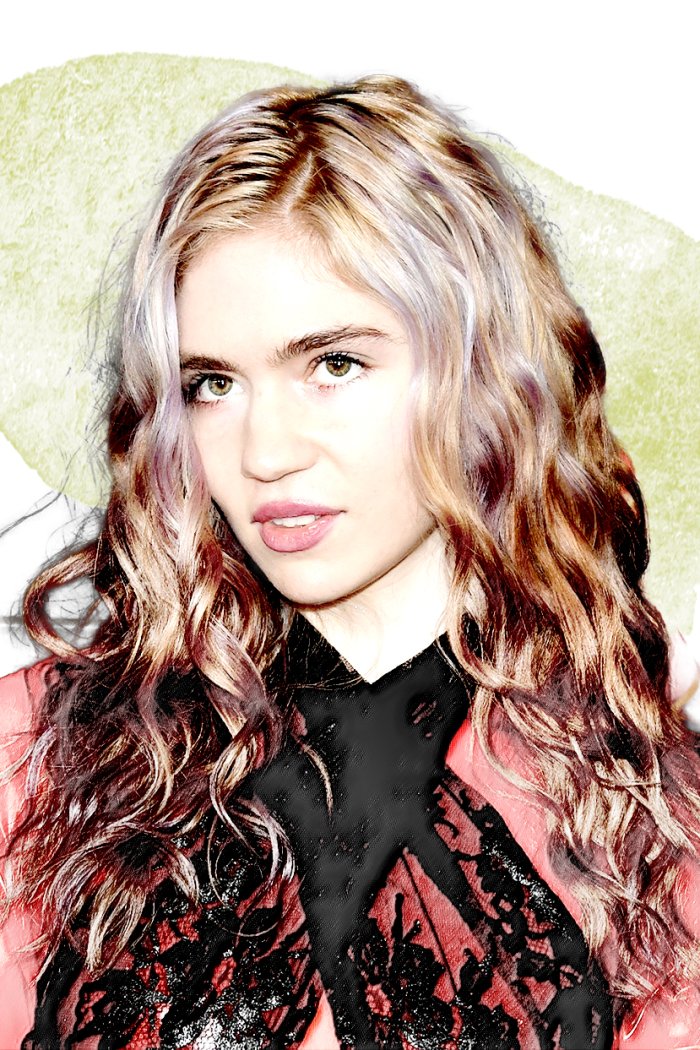Black Mirror is perhaps the defining piece of pop culture about 21st century technology. And Charlie Brooker is the mastermind behind it. For more than a decade, Brooker has used his Channel 4–Netflix anthology television show to explore the potentially dystopian results of when our quests for technology advancement are taken to their logical, sometimes violent ends. In Brooker’s stories, radical technology appears and usually changes his characters’ lives at first for the better—and then for the much, much worse.
Artificial intelligence, of course, is one of the utmost subjects of Brooker’s imagination. The satirist has brought to life robotic autonomous killer bees, AI home assistants that are enslaved copies of one’s consciousness, and personalized television shows that are instantly generated based on viewers’ lives. His stories in this realm have earned the praise of actual AI experts for their imagination and accuracy about machine-learning processes.
More from TIME
In at least one instance, Black Mirror has proved eerily prescient. A decade ago, “Be Right Back” portrayed a grieving woman who tries to re-create her dead boyfriend through artificial intelligence. The woman, Martha, starts by texting with a chatbot that has been trained upon her boyfriend Ash’s online messages. Martha then buys an android body that looks and talks like him—tries to carry on life as if this new synthetic replica were actually Ash resurrected. Of course, this Ash is a shadow of himself, which upsets Martha even more.
This harrowing thought experiment is now an actual business. This year the company You, Only Virtual, launched with chatbots modeled after deceased loved ones. Its founder, Justin Harrison, has expressed his hope to eradicate grief entirely, and to eventually summon the dead via AI combined with augmented reality.
Meanwhile, an episode of Black Mirror’s most recent season, “Joan Is Awful,” centers upon a woman who finds that a major media company is using AI and deepfake technology to generate content from her own life. The episode arrived just as major contract disputes between writers and studios were making headlines, amid concerns that Hollywood will similarly use AI to cut costs by replacing some of the work of human storytellers. In June, Brooker joined the picket line to stand in solidarity with the Writers Guild of America in the face of technological displacement. “I think the fear with writing is that the studio could use it to generate vomit drafts of things, and then hire human writers to depressingly rewrite it. And make it human,” he told Vox. “And that’s a very depressing state of affairs.”
Of course, many of Brooker’s sci-fi visions will not materialize in the next decade. Brooker himself has said that his episodes are “worst-case scenarios” about tech, not his predictions. Still, Black Mirror has given the public an essential frame to understand the transformative effects of AI: to allow us to seriously reckon with how it might impact our emotions, social interactions, physical safety, and things we haven’t even thought of.
- Cybersecurity Experts Are Sounding the Alarm on DOGE
- Meet the 2025 Women of the Year
- The Harsh Truth About Disability Inclusion
- Why Do More Young Adults Have Cancer?
- Colman Domingo Leads With Radical Love
- How to Get Better at Doing Things Alone
- Michelle Zauner Stares Down the Darkness





